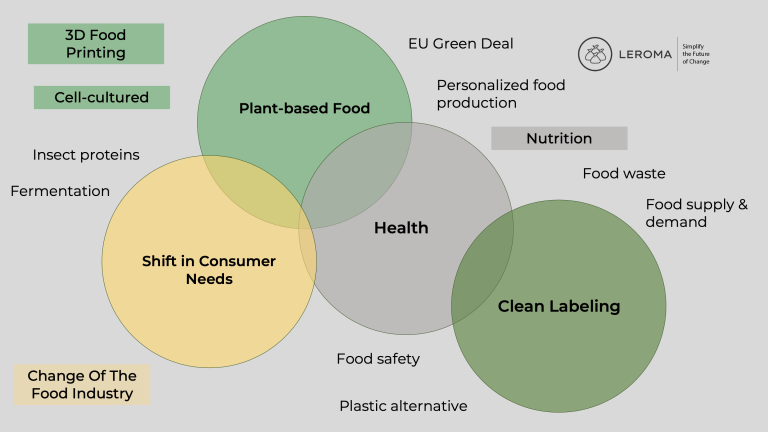An Industry In Transition


Protein, an essential component of the diet, plays an important role in building and repairing tissues in the body. Plant-based proteins are becoming increasingly popular, and oats are proving to be a remarkable source of high-quality plant-based protein. In this article, we will focus on Oat Protein and take a closer look at how oatmeal is turned into an outstanding source of protein.
Coffee is the second most consumed beverage in the world, with 2.6 billion cups consumed daily. However, its production also results in a significant amount of waste, around 20 million tonnes per year from coffee cherries. This is both damaging to the environment and a problem for manufacturers, who have to dispose of about 45% of the coffee cherries (also called cascara). For this reason, the company PectCof (Pectin from Coffee) has found a sustainable solution to this problem.
Yuzu, a citrus fruit native to East Asia, has gained popularity in recent years as an innovative ingredient in the global food industry. With a unique and complex flavor profile that combines pungency and bitterness with a hint of sweetness, yuzu offers a wide range of culinary applications. This has made it a popular ingredient for food technologists looking to create innovative and exciting new dishes. From traditional uses in East Asian cuisine to modern fusion dishes, yuzu is a fruit that deserves attention.
We keep you updated about our latest news and trends for food raw materials.